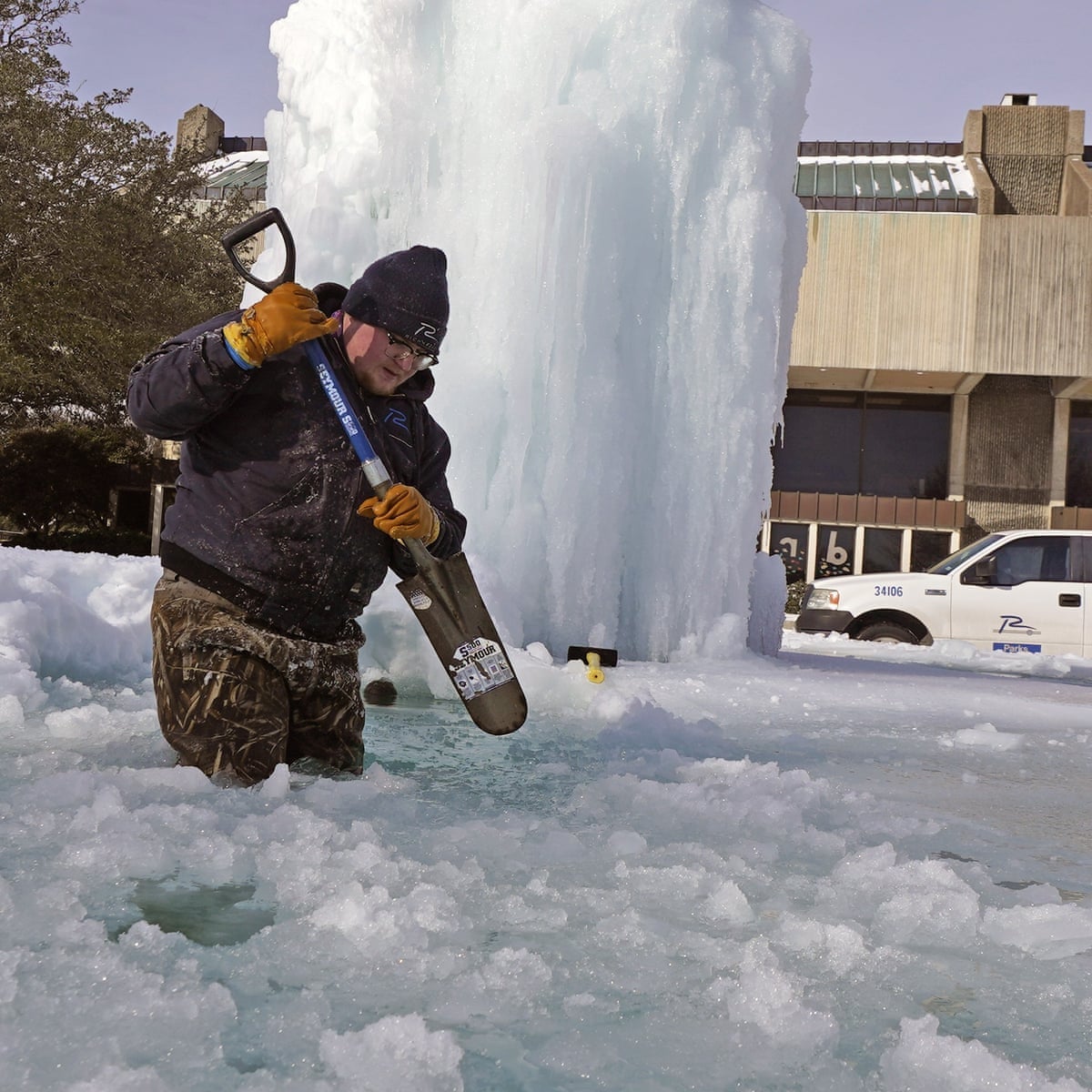
Did the Texas snow storms inflict even more damage than we thought?
The devastation of Winter Storm Uri left Texas in a complete state of disarray this week. Power was out for millions, many did not have running water, and residents were stuck in unsafe, frigid temperatures for a couple of days while the Electric Reliability Council of Texas (ERCOT) worked tirelessly to restore power to those who lost it.
Although power has now been restored to most residents, ERCOT says the disaster that Texans lived through this week could have been much worse. There are a number of reasons why Texas lost power the way it did, however, an ERCOT representative said on Thursday that the state was on the verge of being without power for months.

According to an ERCOT spokesperson, a snap decision was made on Monday morning to implement a series of rolling blackouts to prevent the power grid from failing completely. Even though things didn’t go according to plan, and millions of residents were without powers for days instead of short intermittent periods, a collapsed power grid would have yielded far more catastrophic events.
Here is what we know about the power disaster in Texas during Winter Storm Uri.

What happened to the power grid?
As Winter Storm Uri descended on Texas, many of the natural gas-fired plants, wind-powered, and coal-powered plants went offline because of the extreme cold. This meant that the amount of power being supplied to the grid in Texas drastically fell. Meanwhile, as residents were dealing with the storm, turning up the heat in their homes, demand for power increased rapidly.
Bill Magness, President of ERCOT, recognized that what was happening to the power grid in that moment was likely to cause catastrophe unless swift action was taken.
“It needed to be addressed immediately,” said Magness. “It was seconds and minutes [from possible failure] given the amount of generation that was coming off the system”.

According to Magness, if grid operators had not acted quickly it was likely that the grid would have failed completely, leaving Texans without power for a possible period of months. As the generators continued rapidly dropping off the grid, supply continued to diminish while demand continued to grow.
Grid operators were forced to enact emergency protocols and had to make a decision: decrease demand, or increase supply. If the grid has gone out completely, officials report that damage sustained from overwhelming the grid would have taken months to repair. As Texas’ power grid operates independently from the rest of the country, that would have meant millions would have potentially lost power for months.

Emergency protocols
ERCOT has three emergency protocols currently in place to deal with unusual stress placed on the power grid. The first protocol is to reach out and ask neighbors for support. This is complicated, however, as Texas is disconnected from most of its neighboring power supplies. At the time of Winter Storm Uri, these places were also being impacted by the storm and could not help.
The second procedure in places allows ERCOT to reduce or shut off power to large industrial companies and redirect their power supply to residents. ERCOT did enact this protocol during Winter Storm Uri, but it failed to produce the needed results.
The last protocol available to grid operators is to reduce demand on the grid by operating rotating outages – otherwise known as rolling blackouts. According to Bernadette Johnson, Senior Vice President of power and renewables at Enverus, the outages, which are only supposed to last forty-five minutes at a time didn’t go according to plan. Due to the severity of the situation, ERCOT was unable to control the rolling of the outages and what resulted was a loss of power for days.

ERCOT’s response
It’s clear that ERCOT was unprepared to deal with a storm like Winter Storm Uri. The state of Texas is not used to dealing with weather events such as this one. ERCOT representatives have apologized and said they were entirely caught off guard by the severity of this storm. ERCOT states they felt they had more than enough supply to meet demand, but that was not the case.
However, ERCOT stands behind the decision the grid operators made. Had the operators chosen another path, catastrophic disaster worse than what Texas endured would likely have ensued.

“The operators who took those actions to prevent a catastrophic blackout and much worse damage to our system, that was, I would say, the most difficult decision that had to be made throughout the whole event,” said Bill Magness.
ERCOT states their grid operators are highly trained and given the authority to make difficult decisions to protect the grid and the power supply.







